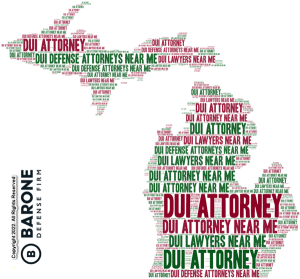Search
Preparing for Court When Pleading Guilty
Most of the time if you are pleading guilty it is because your lawyer has successfully engaged in plea bargaining with the prosecutor. Consequently, preparation for court when pleading guilty really begins to take place almost as soon as you first hire your lawyer. Therefore, the total preparation will take place over several weeks or months, and sometimes even years before you are set to appear in court. At a minimum the following things should have occurred before you plead guilty.
- You’ve reviewed all the discovery with your attorney.
- You’ve discussed possible defenses with your attorney.
 Michigan Criminal Defense Lawyer Blog
Michigan Criminal Defense Lawyer Blog


 What is Proximate Cause?
What is Proximate Cause?